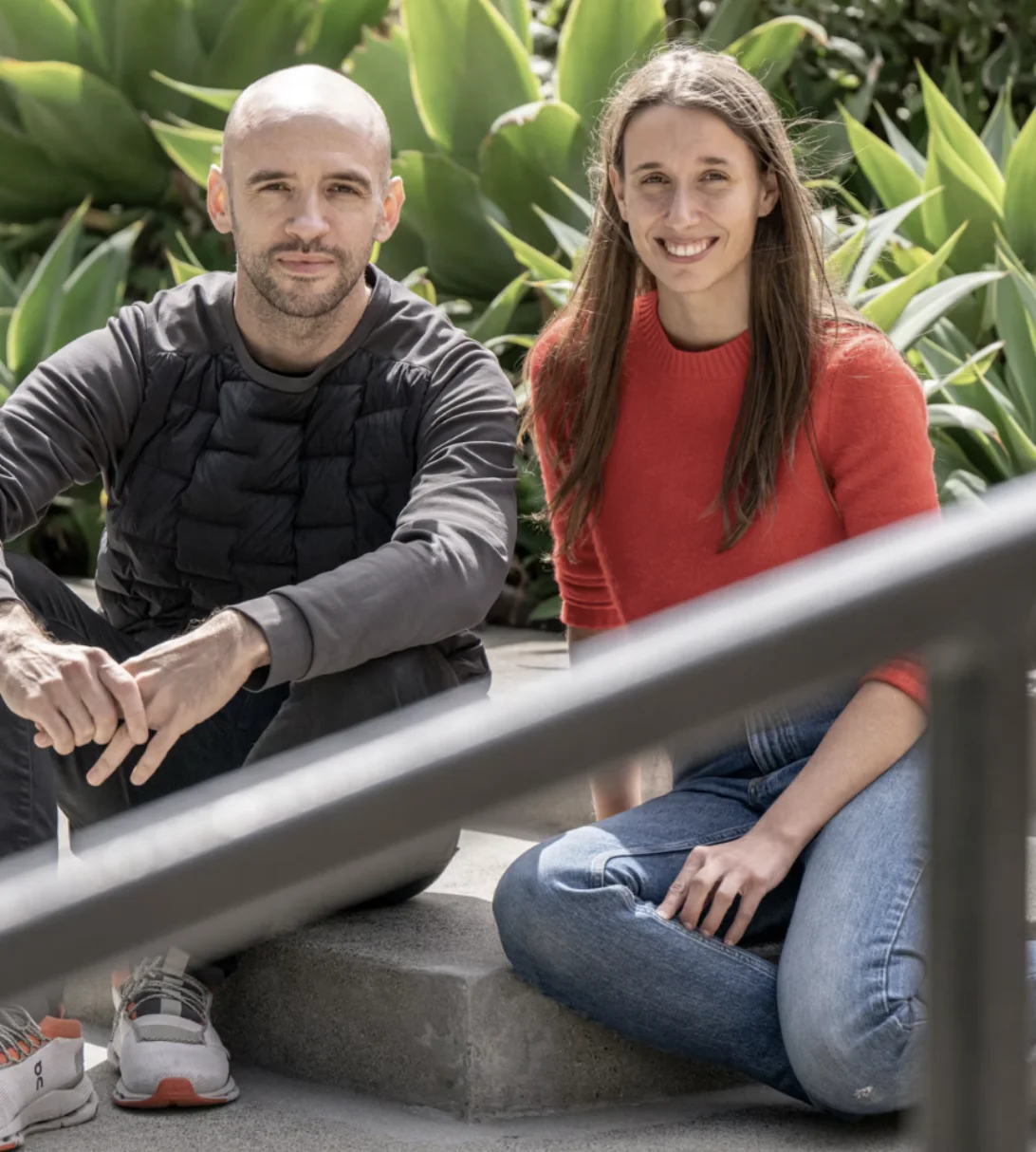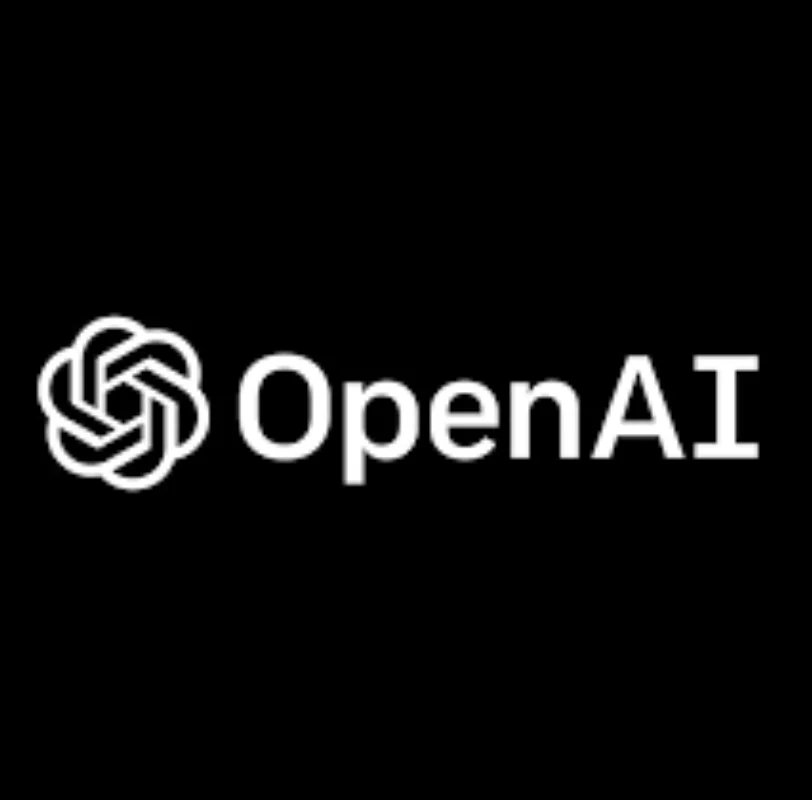Insider Brief
- A study from the University of British Columbia’s Okanagan campus finds that undergraduate students are using generative AI tools like ChatGPT to support learning and save time, not primarily to bypass academic work.
- Surveying nearly 400 students across three courses that permitted GenAI use under a common policy, researchers found that only one-third used AI, and most cited motivations like increased efficiency, higher grades, and improved learning, with minimal use for full assignment completion.
- The findings challenge assumptions of widespread misuse, but also highlight equity concerns due to cost barriers for premium tools, suggesting institutions adopt inclusive policies that promote responsible AI integration in education.
A new study from the University of British Columbia’s Okanagan campus challenges common concerns about generative artificial intelligence in the classroom.
The research found that undergraduate students are generally using tools like ChatGPT to enhance learning and efficiency, not to circumvent academic integrity, according to UBC Okanagan.
The findings, published in the journal Advances in Physiology Education, are based on survey data from nearly 400 students enrolled in three courses in the School of Health and Exercise Sciences. Each course gave students the option to use GenAI tools for reflective writing assignments, provided they followed a standardized policy on ethical use.
Roughly one-third of students reported using AI, and among those, 81 percent cited at least one of three main reasons: completing assignments more quickly and easily, aiming for higher grades, and a desire to enhance their learning. Around 15 percent were driven by all three motivations, while over half primarily used AI to save time on their assignments, according to the study.
Lead researcher Meaghan MacNutt and co-author Tori Stranges emphasized that students appeared to apply GenAI tools selectively and purposefully, the University reported. Most reported using AI to help generate ideas or revise specific sections of their work, rather than replacing the writing process entirely. This behavior, according to the authors, suggests an approach rooted in academic engagement rather than avoidance.
“There is a lot of speculation when it comes to student use of AI,” MacNutt noted. “However, students in our study reported that GenAI use was motivated more by learning than by grades, and they are using GenAI tools selectively and in ways they believe are ethical and supportive of their learning. This was somewhat unexpected due to the common perception that undergraduate students have become increasingly focused on grades at the expense of learning.”
The study also explored broader implications of GenAI use in higher education. One key concern is the potential for socioeconomic disparities, as more advanced AI tools often come with subscription costs. Students with financial means may therefore gain access to superior platforms, widening existing gaps in educational equity. At the same time, the researchers noted that GenAI could be a valuable resource for students with disabilities or non-native English speakers, providing real-time support and feedback.
While the results offer reassurance about responsible GenAI use among students, the authors advocate for continued study. They suggest that academic institutions take a collaborative approach, focusing on education and empowerment rather than strict enforcement. Understanding how students interact with emerging technologies can help shape policy that reflects actual use patterns and varied student needs.
“Our findings contradict common concerns about widespread student misuse and overuse of GenAI at the expense of academic integrity and learning,” MacNutt pointed out. “But as we move forward with our policies, or how we’re teaching students how to use it, we have to keep in mind that students are coming from really different places. And they have different ways of benefiting or being harmed by these technologies.”






